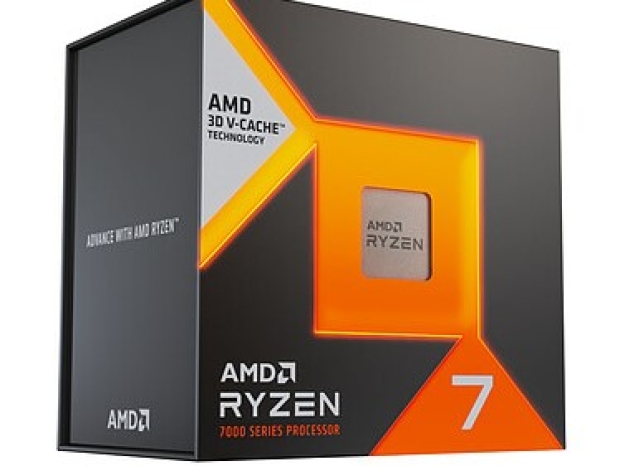During Computex 2024, he told Tom’s Hardware that AMD is enhancing its 3D V-Cache technology, which is a significant step forward for the Ryzen 9000 series, despite having similar core counts and boost frequencies as their predecessors.
In a press statement, AMD billed the Ryzen 9950X as the "fastest consumer desktop performance in the world" without claiming it to be the top gaming chip. In gaming benchmarks, it outperforms Intel's Core i9-14900K by about 11%. The Ryzen 7 7800X3D, which tops the gaming CPU benchmark hierarchy, was not part of this comparison.
When asked if the 9950X would become the fastest gaming chip, Woligroski said:
"Is it the fastest in gaming? It's faster than the competition in our tests. X3D is still the king of the hill, but by a much smaller margin than typically between X3D and non-X3D. So a 7800X3D would, yes, be faster than 9700X, but maybe not by as much as you would expect."
AMD's X3D gaming chips have maintained their lead over newer generations in the past. For example, the Ryzen 9 7950X with the newer Zen 4 architecture lagged behind the Zen 3 Ryzen 7 5800X3D by about eight per cent in our tests. The Ryzen 7 7800X3D, released later, finally surpassed its predecessor.
Woligroski highlighted a smaller performance difference between the X3D and non-X3D chips in this generation, likely due to Zen 5's 16 per cent IPC improvement, quicker L1 and L2 caches, and enhanced boost frequencies. The Ryzen 9000 series is expected to deliver significantly better productivity performance compared to the X3D chips.
The second-gen 3D V-Cache in the Ryzen 7 7800X3D has boosted gaming performance considerably, being about 30% faster than the fastest standard Ryzen 7000 processor. Future testing will reveal how the new X3D models compare.
Woligroski also hinted at upcoming advancements in the next-gen 3D V-Cache for X3D chips, stating,
"And then when it comes to X3D, and I'll just get around that now, we're super committed to X3D. In fact, we have some really, really cool updates to X3D coming. So we're working on iterating and not just rehashing it."
While the specifics are yet to be disclosed, AMD could enhance 3D V-Cache by transitioning to a newer process node, potentially increasing L3 cache capacity. Addressing thermal challenges could also allow X3D chips to perform more like standard non-X3D models in regular tasks.
AMD's second-gen 3D V-Cache has already improved data throughput from 2 TB/s to 2.5 TB/s. Further advancements could include a smaller bump pitch, which would increase bandwidth and performance significantly.

